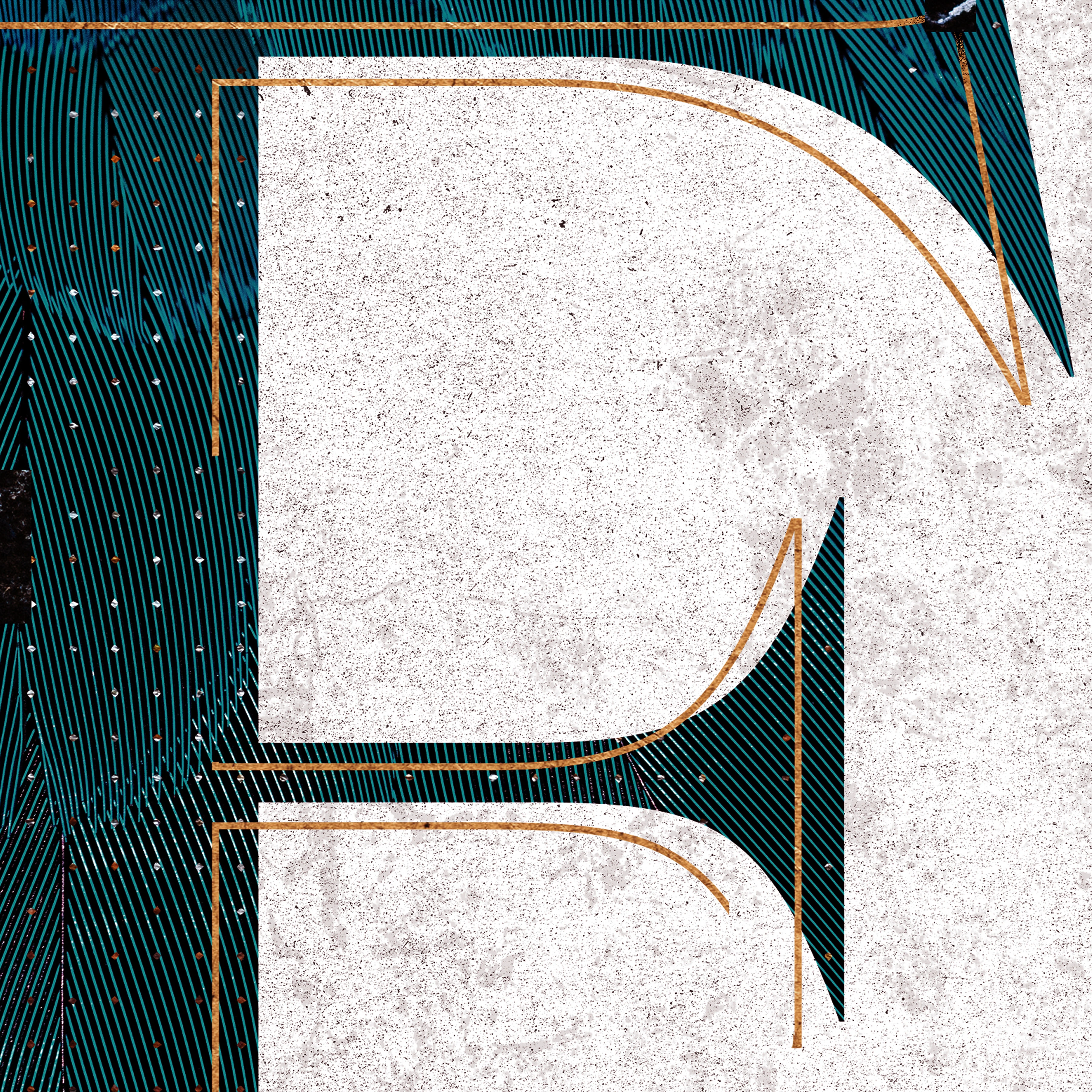Fear of Men

It seemed like almost every morning I woke up and found myself staring at a copy of John Bunyan’s Fear of God. I had carried it with me through all my years of rebellion and unbelief. My father gave it to me as a boy. I suppose I kept it for sentimental value. After I was converted, I put it on a small bookshelf in my room. This book, so long forgotten that even George Whitefield failed to include it in a compilation of Bunyan’s works, made it into my hands in the kind providence of God. I took it up and read. I couldn’t put it down. I would sit with my Bible opened alongside this book. I looked up nearly every Scripture reference and asked God to teach me what it meant to fear Him. This is how a long forgotten book became one of the most spiritually formative influences on me as a new believer. I called home and told my parents, “I finally know what it means to fear the Lord.” I’ll never forget my mother’s response: “That’s what your dad and I have been praying for you all these years.” So, many years later, I continue to revisit that book and the Scriptures as I recognize how much more of this precious grace that I need.
As we work our way through the Scriptures, we are repeatedly met with the importance of the fear of the Lord and learn that it “is wisdom” (Job 28:28); “the beginning of knowledge” (Prov. 1:7); “hatred of evil” (Prov. 8:13); “a fountain of life” (Prov. 14:27); and “the whole duty of man” (Eccl. 12:13). Isaiah called it the church’s “treasure” (Isa. 33:6). Without dispute, it is one of the most important teachings of Scripture. Yet for all that, it is one of the least understood.
We do not come to an experiential realization of the fear of God until we first see our predisposition to what the Bible calls the fear of man. The Scriptures distill the totality of our spiritual experience into a series of easily grasped contrasts: light and darkness, wisdom and foolishness, old and new, life and death, faith and unbelief, and so on. Not least among these is the contrast between the fear of the Lord and the fear of man. Our Lord Jesus highlighted this contrast when He said, “Do not fear those who kill the body but cannot kill the soul. Rather fear him who is able to destroy both soul and body in hell” (Matt. 10:28).
Miserable though it is, the fear of man is the soul’s default setting.
The fear of man is not simply the fear of the harm that men may do to us. Surely the fear of harm partly drives our desire to be approved by men. However, most properly, the fear of man is, as Bunyan put it, “the fear of losing man’s favor, love, goodwill, help, and friendship.” Simply put, it is “an idol of approval.” We seek to avoid persecution because of “idols of approval,” “comfort,” or “pleasure.” These idols lead us to compromise in order to gain approval—to give in to wickedness in order to gain acceptance and peace. It puts us in a vicious cycle of idolatry. Miserable though it is, the fear of man is the soul’s default setting.
Is the fear of man something that ensnares only a few? The Apostle Paul says that by nature, men outside of Christ have “no fear of God before their eyes” (Rom. 3:18). However, even the godliest saint still has remnants of this fear of man in his or her soul. At times, even believers choose to warm themselves at the fire of acceptance, like Peter did in the courtyard outside of the place where his Lord suffered. Fearing man mutes our witness to Christ and keeps us from living for His glory. It keeps us from saying and doing what is pleasing to Him because we would rather please men.
So, what are we to do? How do we cast off the fear of man and lay hold of the fear of the Lord?
The prophet Isaiah gives us the gospel remedy:
The Spirit of the Lord shall rest upon him [Christ], . . . the Spirit of the fear of the Lord. His delight shall be in the fear of the Lord (Isa. 11:1–2).
Jesus’ life was marked by the fear of God. He never worried about what people thought of Him. His singular goal was to bring honor to His heavenly Father. He never compromised for gain. He took the hard road of the cross to bear the wrath that we deserve for the sin of our fear of man. Jesus’ heart was so full of the fear of the Lord that He was “despised and rejected of men.” When we look to Him in faith, we receive the forgiveness of our sin and the Holy Spirit with which He was filled. When we trust Christ by faith alone, the Holy Spirit begins to produce in us
the fear which constrains adoration and love . . . [that] consists in awe, reverence, honor and worship . . . that is the reflex of our consciousness of the transcendent majesty and holiness of God.1
-
John Murray, *Principles of Conduct: Aspects of Biblical Ethics * (Grand Rapids, Mich.: Eerdmans , 1957), 236-37. ↩


